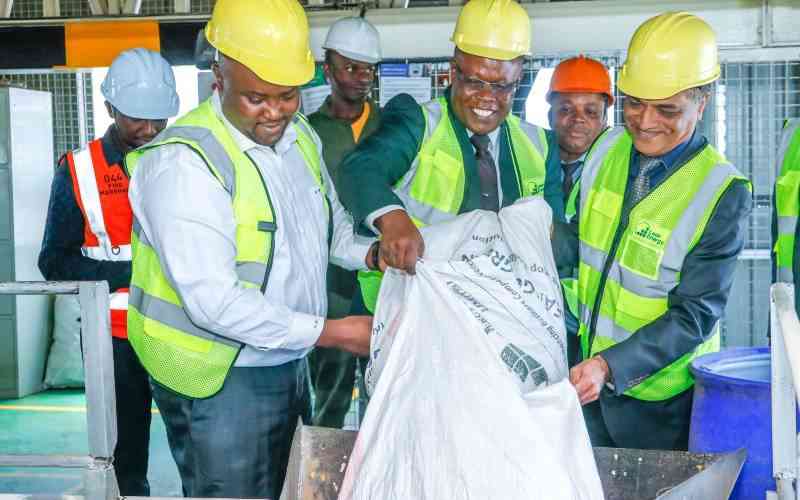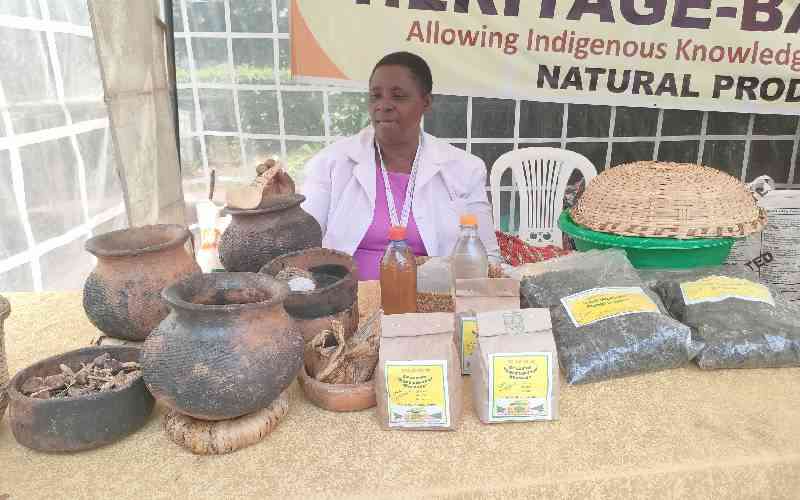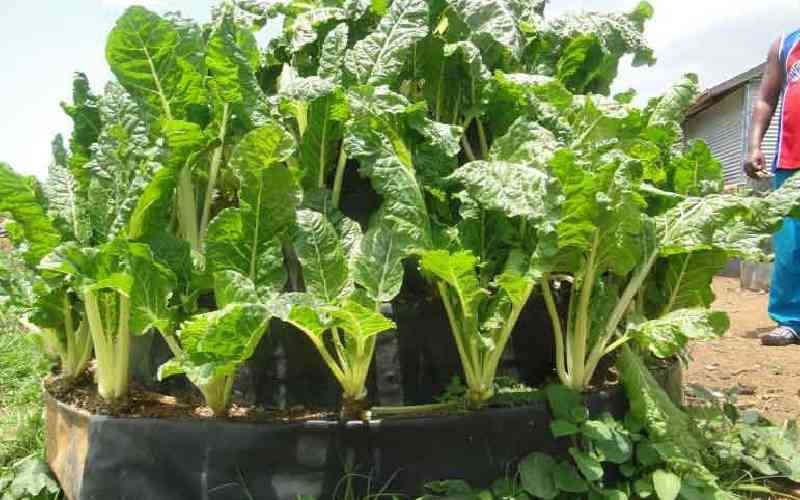×
The Standard e-Paper
Join Thousands Daily
By Prof Jacob K. Kibwage
Kenya: Poor management of common solid waste — food, bones, paper, textiles, plastics, leather, rubber, glass, scrap metals, grass and wood among others — is worse in Kenya’s major cities and towns. However, smaller towns also face similar challenges.







